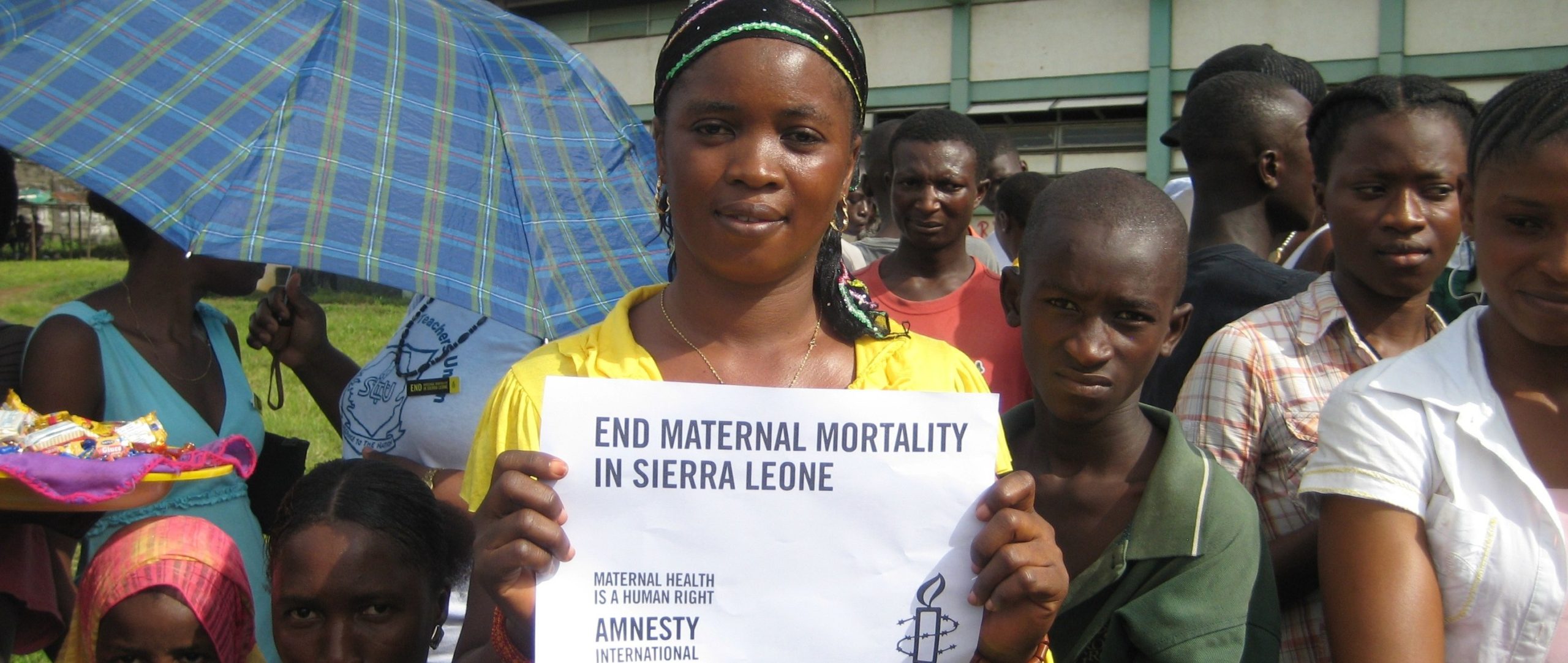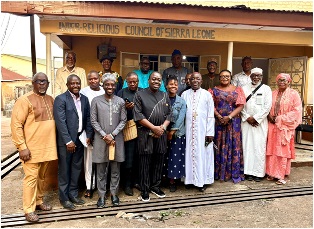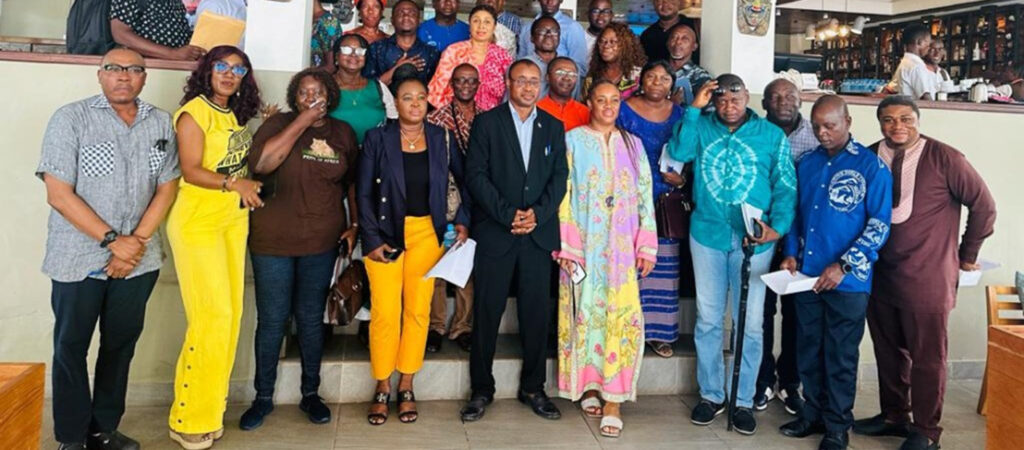By: Benedict AbuBakarr Conteh Makeni - Sierra Leone
The Safe Motherhood and Reproductive Health Care Bill 2024 has sparked widespread discussion across Sierra Leone, with debates focusing on its potential to transform maternal healthcare, address systemic inequalities, and overcome cultural barriers that have long hindered progress. Supporters argue that the bill is a much-needed step toward achieving equitable healthcare access, while critics raise concerns about its feasibility and the challenges of implementation in rural areas. This groundbreaking legislation, introduced in Parliament earlier this year, aims to improve maternal health and enhance access to reproductive healthcare services nationwide. Here is what every Sierra Leonean needs to know about this transformative bill:
1. What Does the Bill Propose?
The Safe Motherhood and Reproductive Health Care Bill is a comprehensive policy framework designed to reduce maternal and infant mortality rates in Sierra Leone. The proposed legislation focuses on improving access to antenatal care, safe delivery services, family planning, and education on reproductive health. It also seeks to eliminate barriers that prevent women and girls from accessing these essential services.
Key provisions include:
Free maternal health care for pregnant women, which will involve government funding to cover hospital fees and provide essential medical supplies.
Increased access to contraception and family planning services through mobile health clinics and community outreach programs.
Training and deployment of skilled birth attendants across rural areas, supported by incentive packages to retain healthcare workers in these regions.
Mandatory maternal health education in schools and communities, delivered through workshops, school curriculums, and partnerships with local organizations.
Establishment of maternal health centers in underserved regions, equipped with modern facilities and staffed by trained professionals to ensure safe and timely care.
2. Why Is This Bill Necessary?
Sierra Leone has one of the highest maternal mortality rates globally, with an estimated 717 maternal deaths per 100,000 live births, according to recent statistics from the World Health Organization (WHO). Many of these deaths are preventable, stemming from complications such as postpartum hemorrhage, unsafe abortions, and lack of access to skilled healthcare during delivery.
The bill is a response to these challenges and aims to bridge the gap in healthcare services, particularly for women in rural and hard-to-reach areas. It underscores the government’s commitment to achieving the Sustainable Development Goals (SDGs), particularly Goal 3, which focuses on ensuring healthy lives and promoting well-being for all.
3. How Will It Be Implemented?
If passed into law, the bill will mandate the Ministry of Health and Sanitation to lead its implementation. Key strategies include:
Building more health facilities equipped with modern medical tools.
Strengthening partnerships with local and international organizations to fund maternal health programs.
Conducting nationwide campaigns to raise awareness about reproductive health and rights.
Allocating a significant portion of the national health budget to maternal care.
4. Challenges and Concerns
While the bill has been widely welcomed, there are concerns about its implementation. Critics have pointed to limited healthcare infrastructure, inadequate funding, and cultural barriers as potential hurdles.
Traditional beliefs and stigma around contraception and reproductive health education may slow progress in some communities. For example, in certain rural areas, contraceptive use is often associated with myths of infertility or immorality, deterring women from seeking these services. Additionally, cultural norms that prioritize large families or discourage open discussions about reproductive health create further barriers to accessing education and resources. Additionally, ensuring that trained healthcare workers remain in rural areas is a persistent challenge due to poor working conditions and low pay.
5. What Can Sierra Leoneans Do?
The success of this bill will depend heavily on public support and participation. Here’s how citizens can contribute:
Stay Informed: Understand your rights under the bill and spread awareness in your community.
Advocate for Maternal Health: Encourage local leaders and policymakers to prioritize resources for maternal care.
Engage with Healthcare Providers: Utilize the services provided and give feedback to improve healthcare delivery.
6. The Bigger Picture
The Safe Motherhood and Reproductive Health Care Bill 2024 is not just a legislative document; it is a call to action to prioritize women’s health and well-being. By addressing the systemic issues that contribute to maternal mortality—including inadequate healthcare infrastructure, lack of skilled personnel, insufficient funding, and limited access to emergency obstetric care—Sierra Leone has the opportunity to pave the way for a healthier, more equitable future.
As the nation awaits Parliament’s decision on this critical piece of legislation, one thing is clear: the time to act is now. Sierra Leone’s mothers, daughters, and future generations deserve nothing less.

















0 Comments